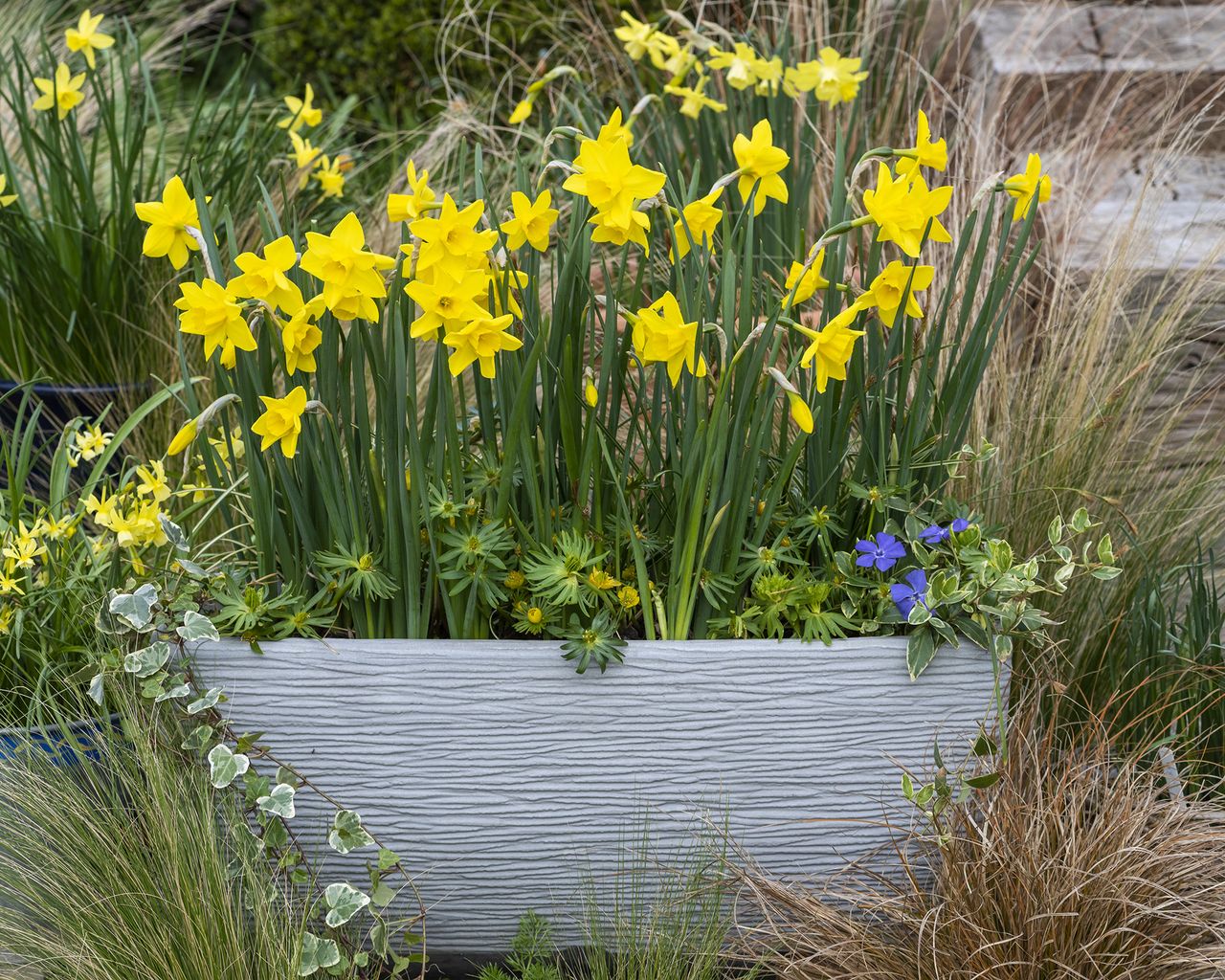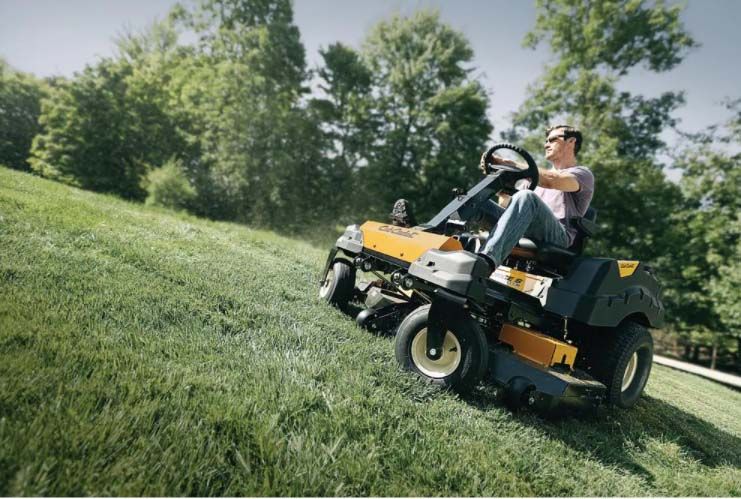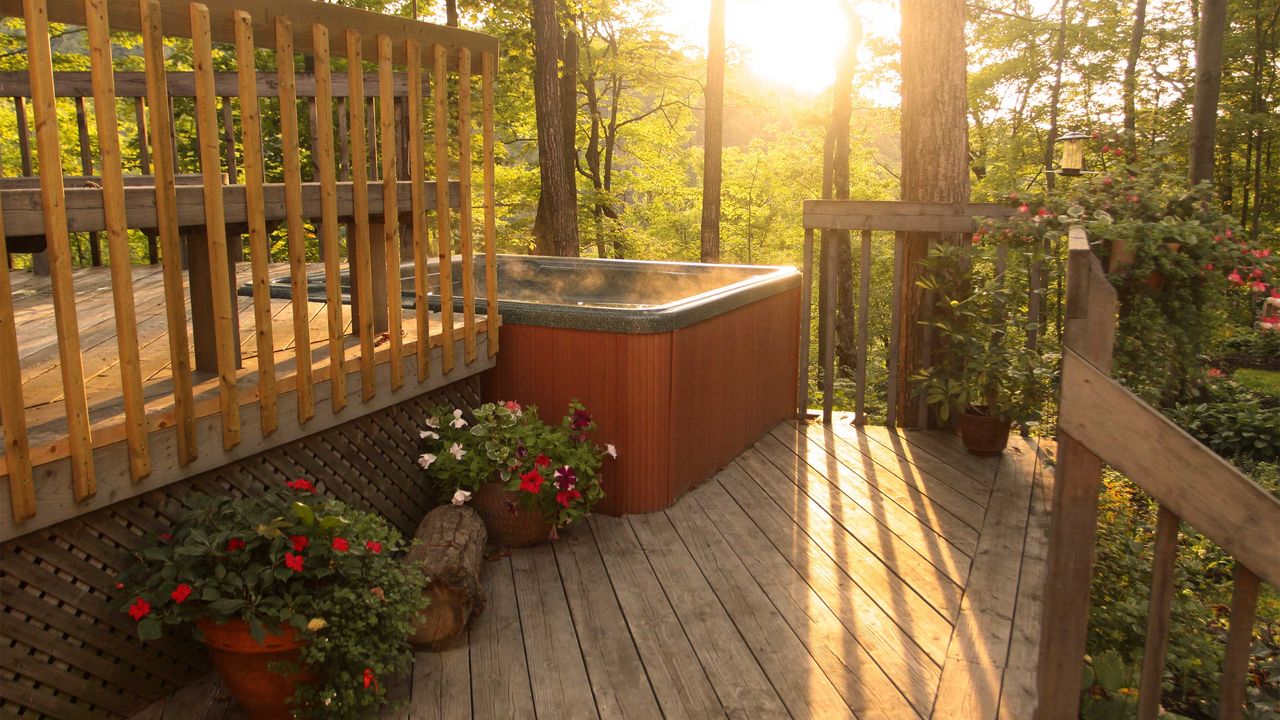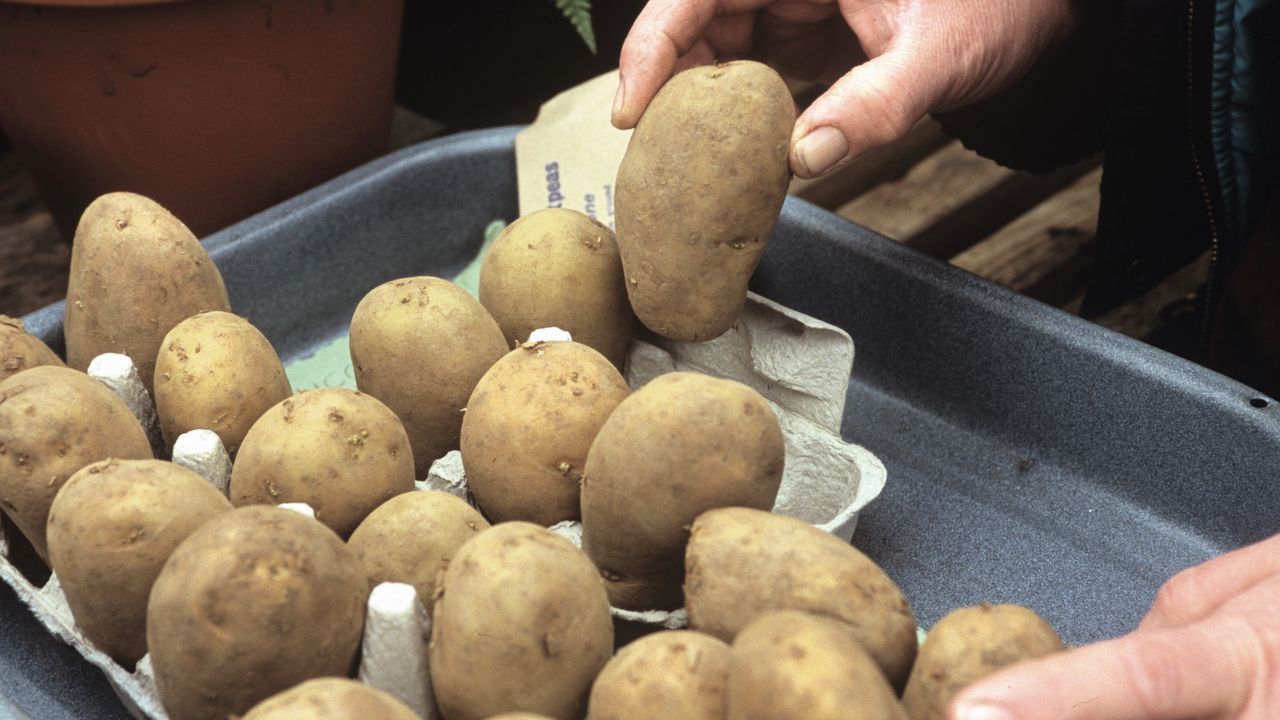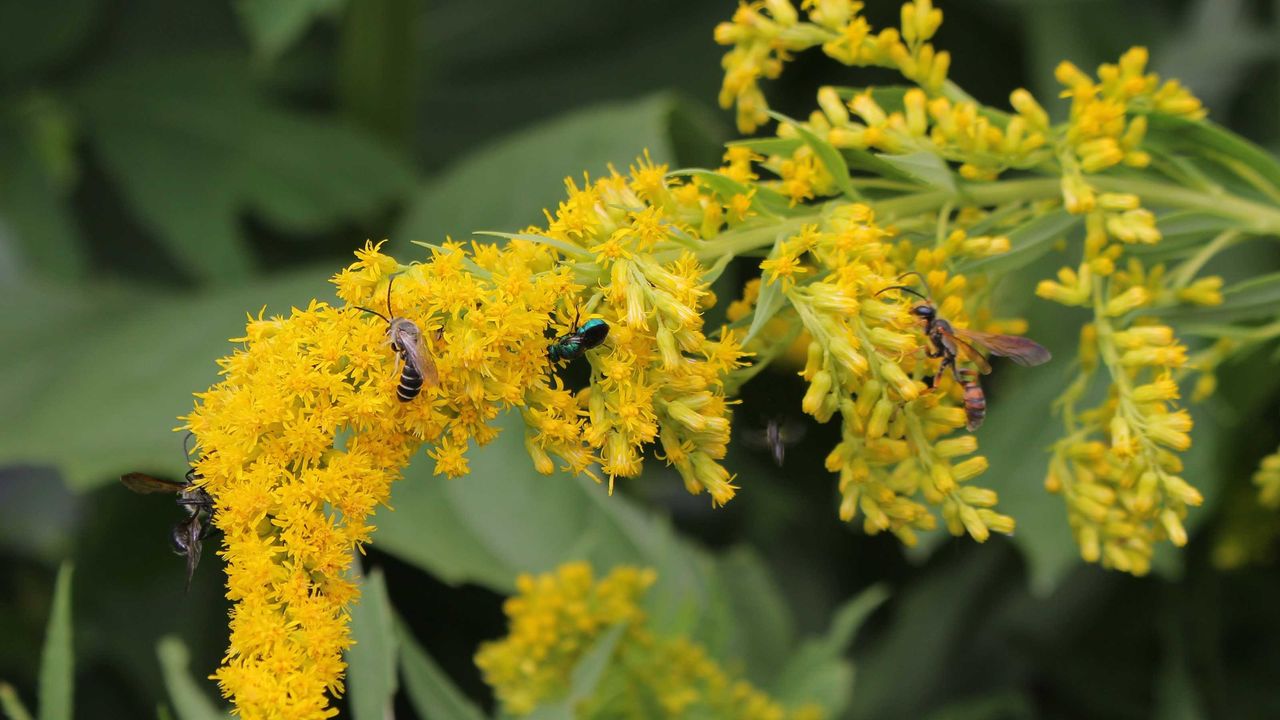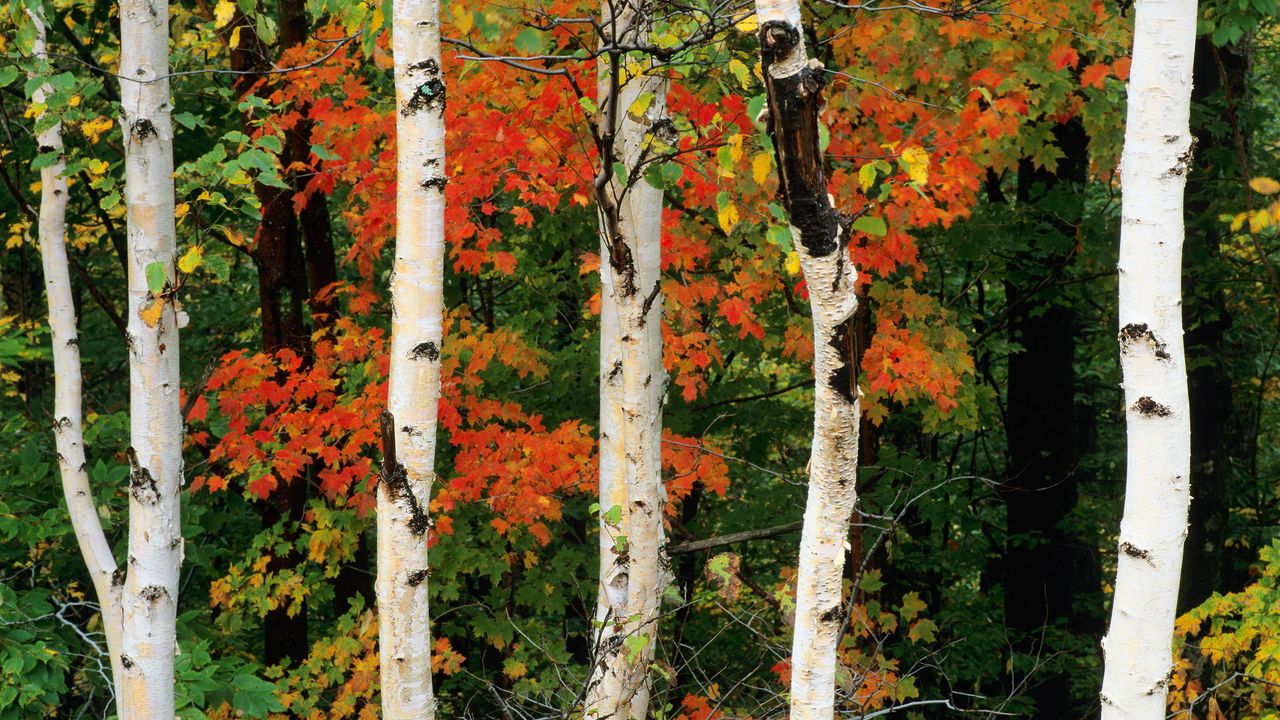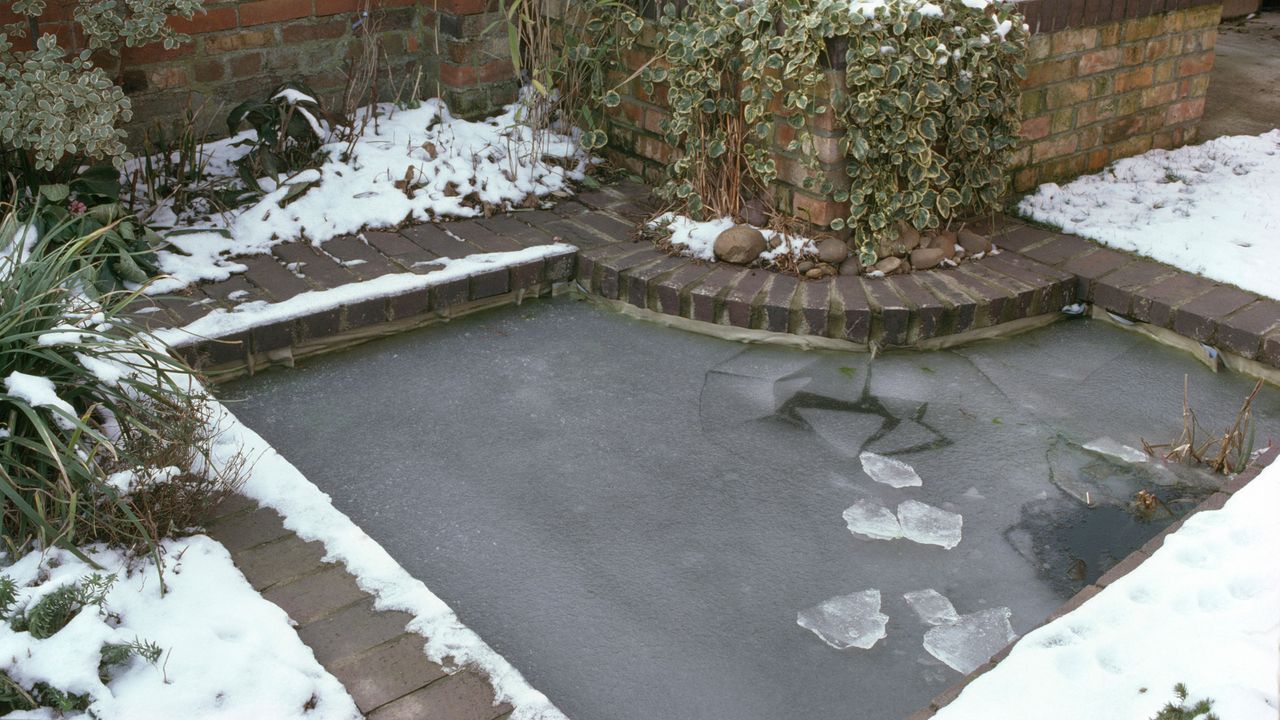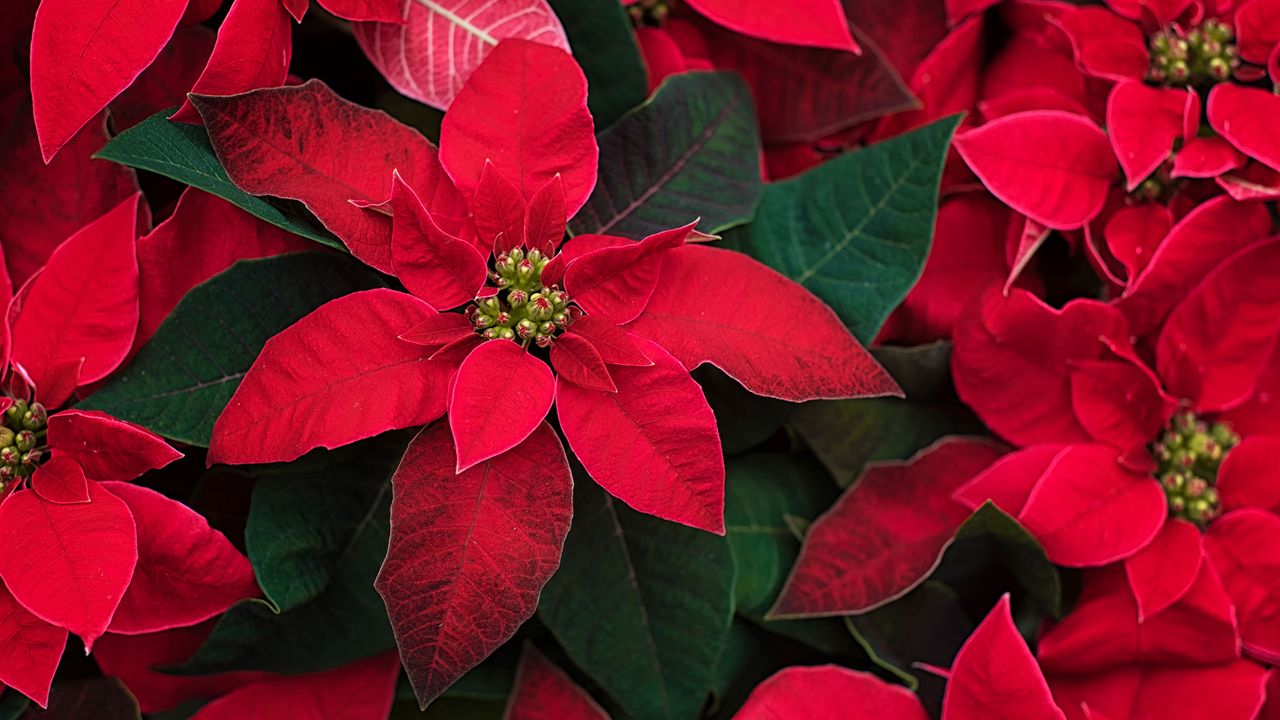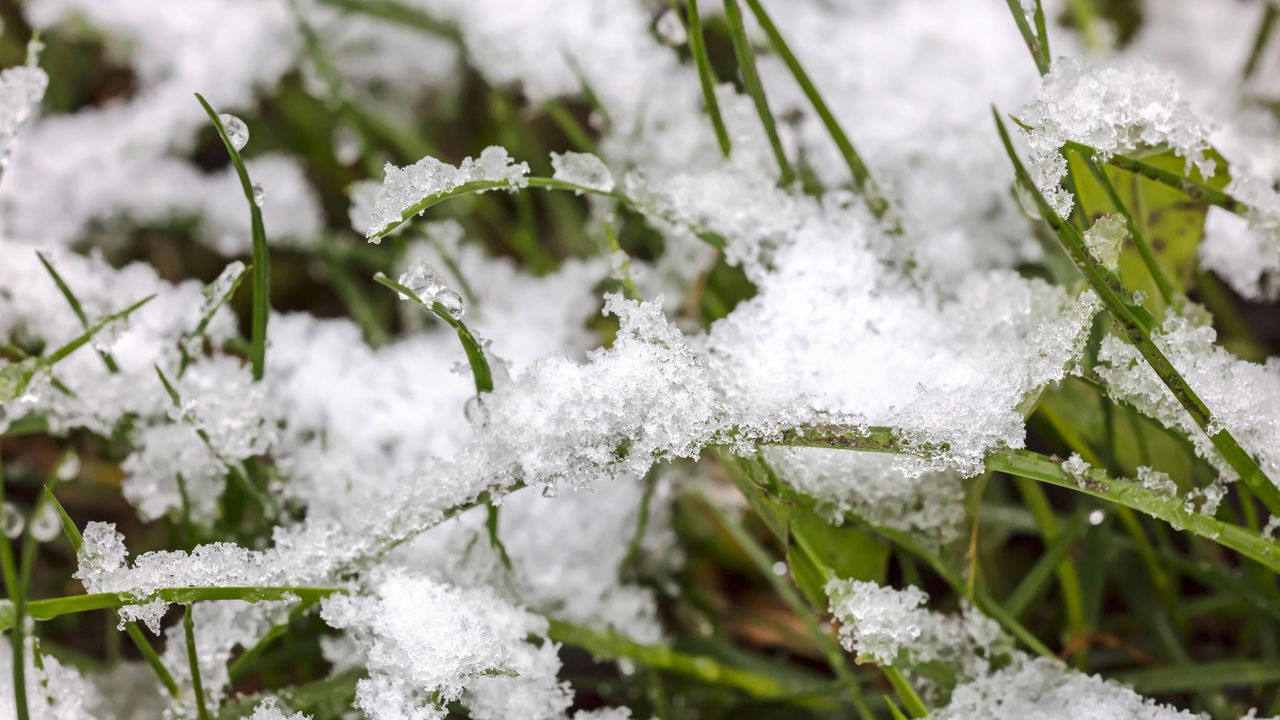Should you ditch your grass for drought-tolerant clover? The experts discuss
This alternative to the traditional lawn might be more suitable to grow as we face further heatwaves
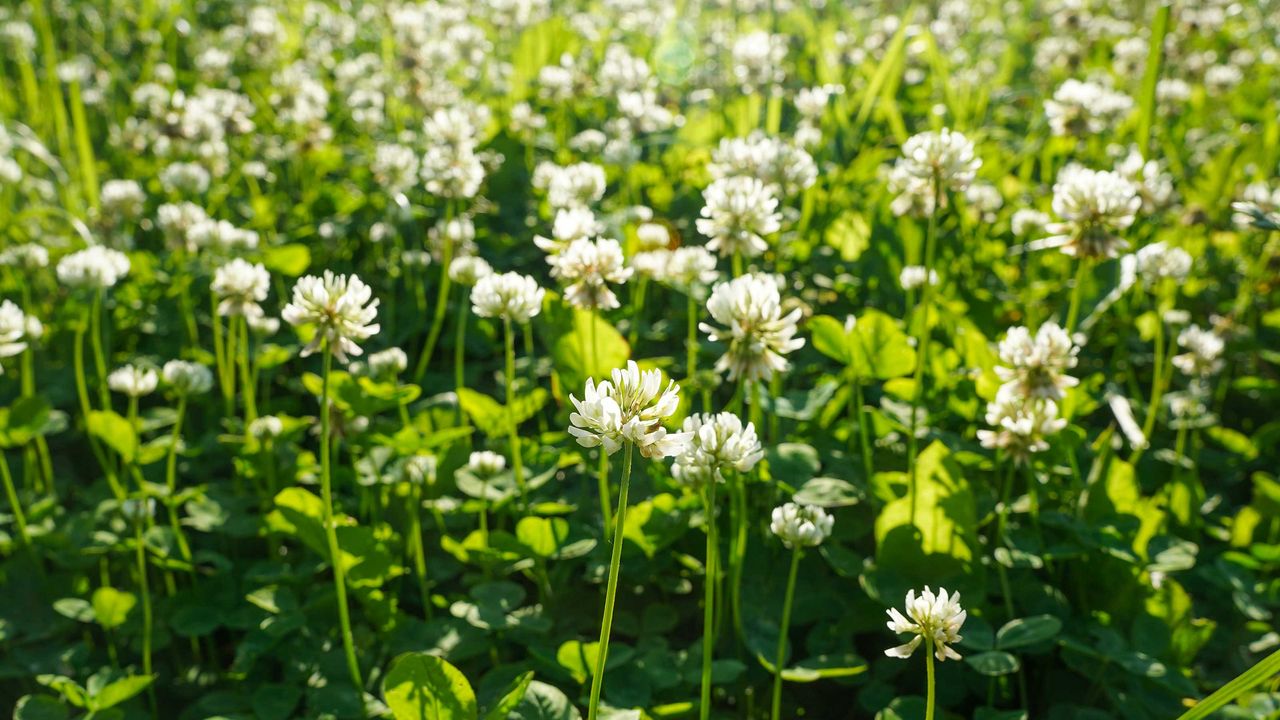

If heatwaves and droughts this summer are making you re-think the importance of your traditional lawn, you might want to consider replacing the grass with rolling swathes of bee-friendly white clover.
There are a few reasons why switching to this alternative to grass is a good idea. Matt Jordan, a gardening expert at The Greenhouse People, says, 'If you’d like to do away with grass completely, consider replacing it with white clover.
'Clover is a great low-maintenance option as it doesn’t require mowing or watering and will attract those precious pollinators.'
A cool choice for hot climates
Because white clover makes for a more drought-resilient lawn than grass, it is already a popular choice in warmer states. This includes California, where the pretty white flowers are commonly seen in yards, says garden care expert Jason White at advice website All About Gardening.
'White clover is hardier [than grass] as it requires less water and thrives in poorer soils,' he says. 'It makes a beautiful foliage that is similarly low-growing like grass, making it the perfect lawn substitute if you want to retain a neat low level of greenery.'
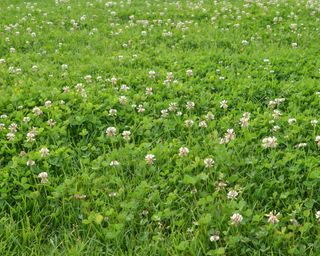
Clover is resilient to drought
Easy to look after
Lawn care is certainly simpler with a clover lawn. They are great for family gardens and pet owners because they can survive trampling and cutting. Plus, they don’t get affected adversely by dog urine, so they’re a good choice if you’re looking to minimize the time spent worrying about brown and bald patches.
Also, clover lawns thrive in poor soil, making them the ideal option for yards without a nutrient-rich base. And, of course, you won’t need one of the best lawn mowers to maintain a white clover lawn, so the time spent on upkeep will be kept to a minimum.

A clover lawn is a good choice for dog owners
The lawn that gives back
Not only is a clover lawn low-maintenance, but it also provides fixed nitrogen for nearby plants and gardens, says Robin Antill, director at Leisure Buildings.
'A clover lawn is a cheap and natural soil fertilizer. In fact, gardeners frequently grow clover to improve the soil. If you plant a patch of clover, the surrounding grasses will receive a steady trickle of fertilizer from its nitrogen-fixing abilities, making your lawn overall healthier and greener.'
So if you're looking for an easier gardening life – and to give a helping hand to busy bees – why not try it in your own backyard?
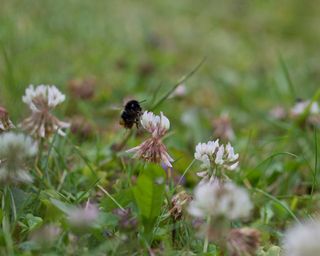
Clover flowers are good for bees

Jayne Dowle is an award-winning gardening, homes and property writer who writes for publications including Sunday Times Home, Times Bricks & Mortar, Grand Designs, House Beautiful and The Spectator. She was awarded the Garden Journalist of the Year accolade at the Property Press Awards in 2021.
